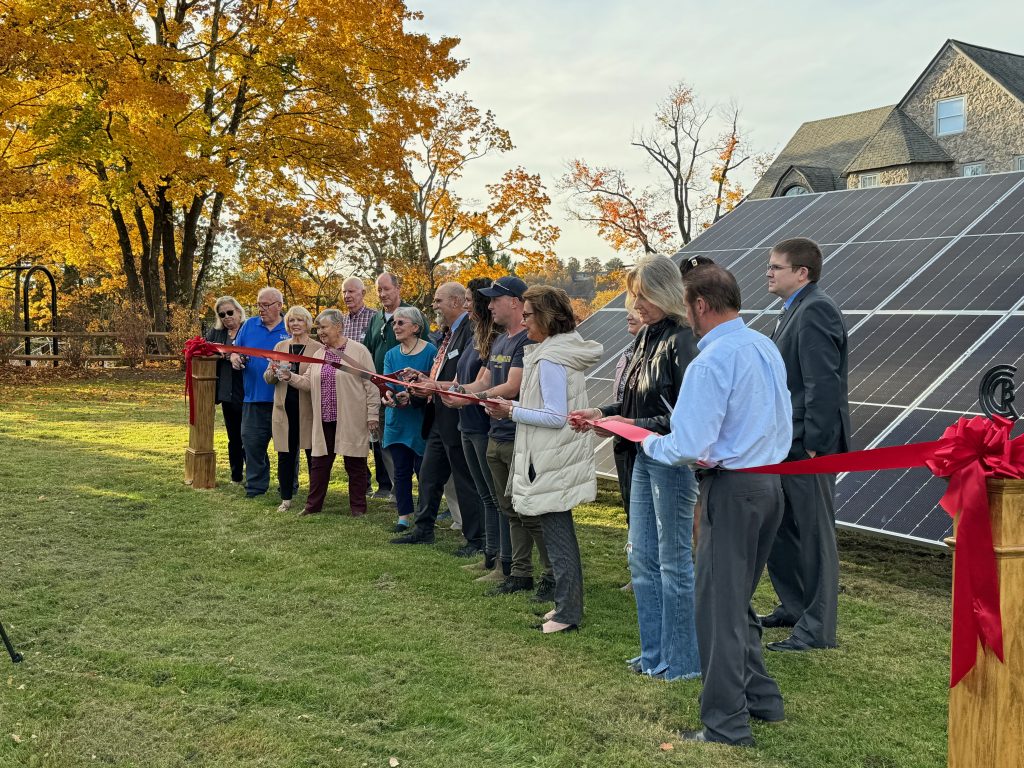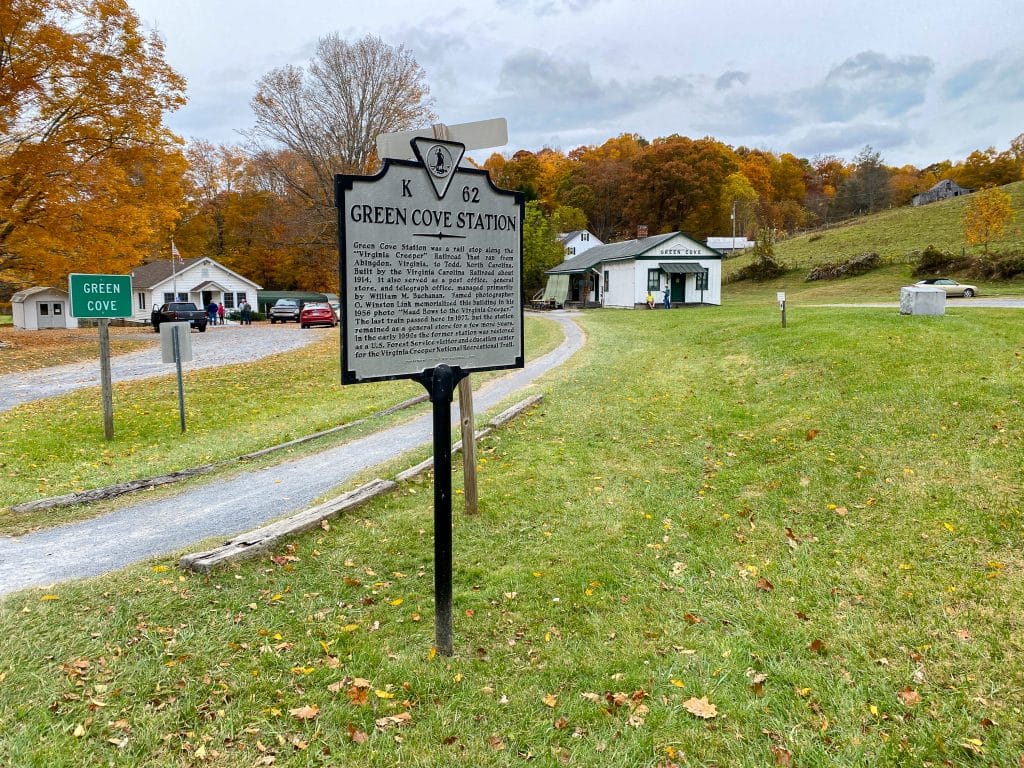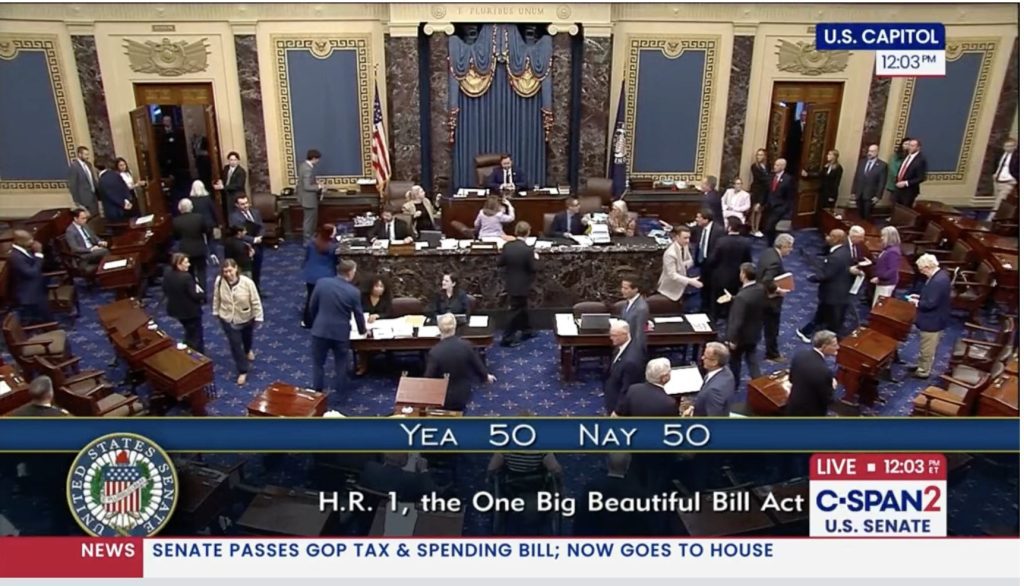Proposed Coal Ash Regulations Weaker than Household Waste Laws
Nearly three years after the Tennessee Valley Authority coal ash disaster spilled over a billion gallons of toxic sludge into the Emory River in Harriman, Tenn., the U.S. Environmental Protection Agency is set to finalize guidelines regulating coal ash ponds. However, a bill in the Senate could put a permanent hold on the EPA’s ability to create federal protections on coal ash.
Currently, there are no federal laws governing coal ash disposal. If passed, Senate Bill 1751, the Coal Residuals Reuse and Management Act would essentially prohibit the EPA from implementing a national standard for the management of coal ash ponds.
Coal ash is the nation’s second- largest waste stream after municipal garbage. Coal ash slurry — a by-product of burning coal for electricity — is highly toxic. According to a 2010 EPA risk assessment, people living near an unlined coal ash pond are at a 1-in-50 risk of cancer from arsenic exposure.
The same month that the coal ash bill reached the Senate, the EPA released new data showing a threefold increase in the number of “significant hazard” coal ash ponds since the 2009 inventory, which brings the total to 181. There are 47 “high hazard” coal
ash ponds. Ratings assess the damage that would likely occur should a dam containing coal ash sludge fail. “High hazard” dams would endanger human life during a dam failure.
Just this past October, a bluff at a We Energies coal plant in Wisconsin collapsed.and sent an estimated 2,300 cubic yards of ash and soil from a former coal ash landfill into Lake Michigan. The EPA has presented two coal ash regulation proposals for public hearings and comments. The agency’s Subtitle C plan would classify coal ash as a “special waste” and provide the strongest protections of the proposed plans. The agency’s other proposal, Subtitle D, would rank coal ash as “non-hazardous waste” but still allow some federal oversight of its disposal. Since the rulemaking process for coal ash began, the agency has received over 450,000 public comments requesting that coal ash be regulated as hazardous waste.
If passed, the Senate bill would block both of these proposals and leave coal ash disposal standards weaker than the federal rules that govern household waste. The bill does not require that states inspect ponds for structural stability, detect groundwater leaks, clean up or close slurry ponds that contaminate groundwater or consider public health and the environment.
Proponents of the Senate and House versions contend that any federal regulation of coal ash will impair job growth. A recent study from Tufts University shows that, even when using the coal industry’s significantly higher coal ash regulation cost estimate, implementation of the EPA’s Subtitle C proposal would create 28,000 jobs.
Related Articles
Latest News
More Stories

Leave a comment
Your email address will not be published. Required fields are marked *




